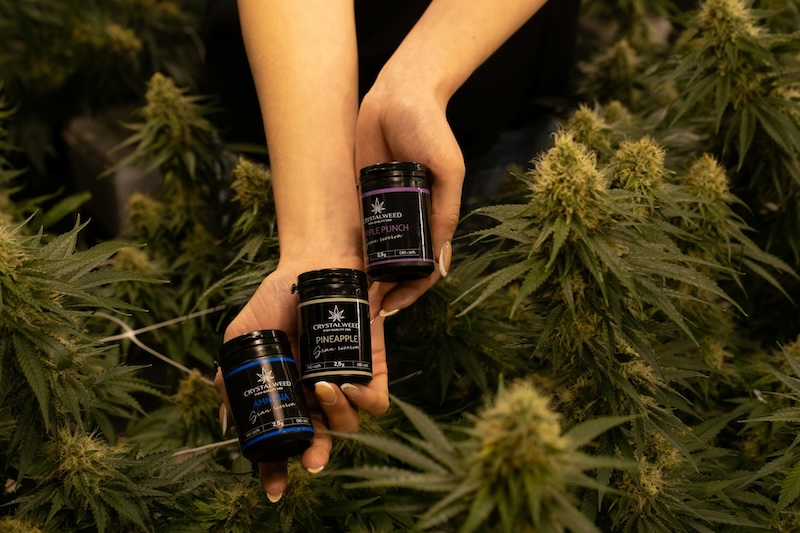Branded Content by Cosmic Press
Photo by William Fortunato
While zero tolerance policies on college campuses were intended to create a safer environment for students, it seems to have created just the opposite. Regardless of the rule, the old paradigm remains: if a student or students intend to drink, they are going to find a way to make it happen.
But there are some important legal considerations to ponder as well. While zero tolerance means a student can be seriously reprimanded if arrested by a campus cop for driving while intoxicated under the legal age of 21, including either being suspended or expelled altogether, the policy dictates that a student who drank next to nothing and smartly chose not to get behind the wheel of a car can also be just as heavily sanctioned.
“Lawyers have taken notice of this dilemma and created a means for students who are treated unfairly to fight back.” Says the professionals at the Law Office of Aaron M. Black, experts at navigating the turbulent waters of Arizona’s Zero Tolerance DUI Laws, an individual who is just a bit tipsy can face the same consequences and charges as someone who is legally drunk with a blood alcohol level (BAC) of 0.08 percent. But it doesn’t matter how little a person has had to drink. Any amount of impairment will fit the “slightest degree” law.
In a word, despite its apparent good intentions, the zero-tolerance policy is not an equitable one. According to a recent report by Johns Hopkins Blomberg School of Public Health, for decades now, researchers and alcohol strategy experts have rated mandates designed to be typically included in college and university campus alcohol policies as to their realistic effectiveness. By accomplishing this, they have developed an “evidence-based approach” for schools to utilize when analyzing and updating campus rules regarding drinking. In the end, their review found that less than half of the specific approaches engineered to reduce or minimize problem drinking were effective. This includes the zero-tolerance policy.
The federal government requires by law that all colleges and universities must provide written campus alcohol policies along with the associated consequences for students. Risky drinking, including underage and binge drinking, is said to be a serious problem on modern-day college campuses. Many student injuries and/or harm to school property involve a specific level of drinking.
A recent online study published in the journal Alcoholism: Clinical and Experimental Research by John Hopkins Bloomberg School of Public Health states that campus alcohol policies have been assessed for clarity, student accessibility, policy effectiveness, and sanctions effectiveness. This is said to be the first time the overall and realistic effectiveness of campus alcohol policies has been studied so rigorously.
A Collaborative Collegiate Network
A newly established collaborative network of 15 colleges and universities whose presidents are working directly with one another and the local communities for the reduction of alcohol use on campus and to create more alcohol-free environments and policies, is said to be highly data-driven in focus.
Says one of the study’s co-authors and senior program manager for the Bloomberg School. The intent is to offer meaningful feedback for schools to reduce problem drinking and to promote the overall well-being of the students. In order for campus alcohol policy, including the controversial zero-tolerance mandate that some schools have enacted, students must be fully aware of it. What’s more, they need to have a clear understanding of the terms and conditions. Policies must include strategies that have proven effective at reducing the availability of alcoholic beverages.
Most Effective Campus Alcohol Policies
Says the Johns Hopkins Bloomberg School of Public Health, the study identified six out of seventeen of the most effective policies geared towards improving the reduction of alcohol on campus. Policies considered the most effective were the ones determined by participants as likely to affect the physical drinking environment on campus.
Banning alcohol in public places was said to be the most effective since it automatically restricts alcohol consumption. Other effective policies were said to include the banning of alcohol products at student recruitment events, outlawing drinking games, ceasing the delivery of alcohol products to campus, and mandatory ID checks at all campus events where alcohol is available for students twenty-one or older.
Campus Sanctions
Researchers found that the accessibility of campus alcohol policy needs to be improved. Some of the policies that exist, such as the “zero-tolerance” policy for alcohol consumption among minors, are simply difficult to understand and, therefore, only minimally effective. Students tend to ignore what they can’t understand or fully comprehend.
The strongest deterrents to underage drinking were those that a student could easily comprehend. They ranged from school housing dismissal to direct parental notification. It’s the latter of these that’s more likely to make an underage student think twice about drinking on campus.
Branded content furnished by our promotional partners. The Daily Sundial editorial staff is not involved in its production. Content does not reflect the views or opinions of the editorial staff.








